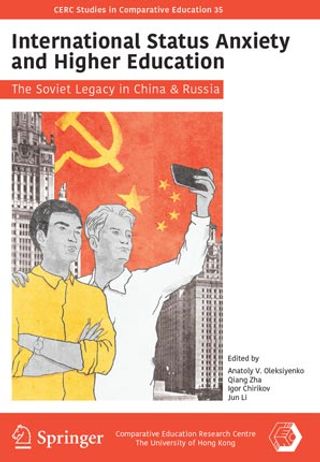?
The State as the Driver of Competitiveness in Russian Higher Education: The Case of Project 5-100
This chapter begins with explanations of the historical transformations and peculiarities of the Soviet higher education system. It describes the Soviet government’s interpretations of university competitiveness, which have influenced the current state of the Russian higher education system. Then the chapter discusses the post-Soviet path of Russian universities in their search for balance between the de-Sovietization and Westernization of higher education. The discussion proceeds to outlining the new environment of global competition among universities, shaped by world university rankings and the rapid expansion of governmental policies in higher education. Finally, the chapter describes how the Russian government is reacting to the changing environment and the policies used to enhance higher education competitiveness. We consider, as a case study, the Russian excellence initiative in higher education – Project 5-100 – whose basic idea is that at least five Russian universities will be ranked among the world’s top 100 universities by 2020. Some lessons for future policies and questions for future research are formulated in the concluding part.
In book
